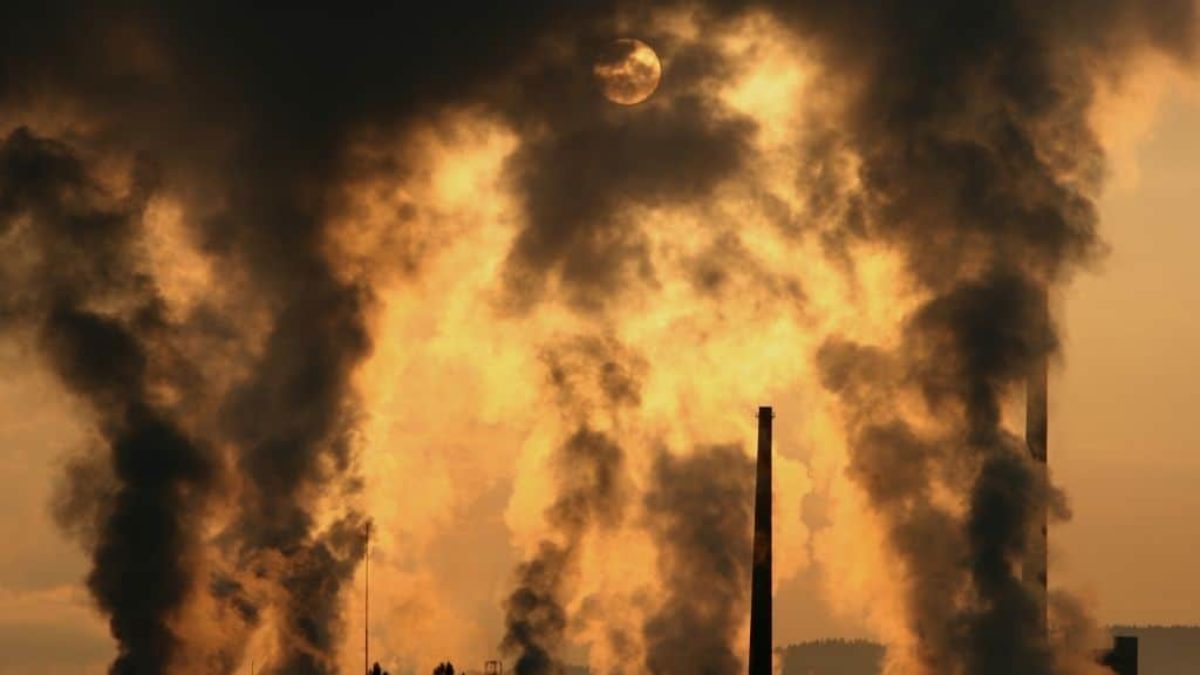According to the State of Global Air report released on Wednesday, nearly 170,000 children under the age of five died in India due to air pollution in 2021. Despite some progress, air pollution-related deaths among young children remain high in regions like South Asia and parts of Africa, based on data from the Global Burden of Diseases, Injuries, and Risk Factors Study (GBD 2021) conducted by the Institute for Health Metrics and Evaluation.
Exposure to air pollution in young children is linked to pneumonia and lower respiratory tract infections, responsible for one in five child deaths globally, and asthma, the most common chronic respiratory disease in older children. The air pollution-linked death rate in children under five in South Asia is 164 deaths per 100,000 children, compared to a global average of 108 deaths per 100,000.
In 2021, the highest numbers of air pollution-related deaths among children under five were recorded in India (169,400 deaths), Nigeria (114,100 deaths), Pakistan (68,100 deaths), Ethiopia (31,100 deaths), and Bangladesh (19,100 deaths).
According to the report, the harmful impact of breathing polluted air can start in the womb and have lifelong consequences. Children breathe more air per kilogram of body weight than adults, leading to higher absorption of pollutants while their lungs, bodies, and organs are still developing.
The findings
The report highlights several health effects among children, including premature birth, low birth weight, asthma, and lung diseases. In 2021, air borne pollution was associated with over 260,600 deaths of children under five, making it the second-leading risk factor for death in this age group in South Asia, following malnutrition.
Globally, air pollutant particles from PM2.5 (fine, respirable particles) and ozone was estimated to contribute to 8.1 million deaths, about 12% of the total global deaths in 2021. PM2.5 alone accounted for around 7.8 million deaths, or over 90% of the total air pollution disease burden.
India (2.1 million deaths) and China (2.3 million deaths) together accounted for 54% of the global disease burden, with other high-impact countries including Pakistan (256,000 deaths), Myanmar (101,600 deaths), and Bangladesh (236,300 deaths).
The effects of air pollution
Since 2000, the death rate among children under five linked to air pollution has dropped by 53%, largely due to efforts to expand access to clean energy for cooking, healthcare improvements, better nutrition, and awareness about the harms of household air pollution.
Air pollution has significant and far-reaching effects on health, the environment, and the economy. The primary pollutants include particulate matter (PM2.5 and PM10), nitrogen oxides (NOx), sulfur dioxide (SO2), carbon monoxide (CO), and ground-level ozone (O3). These pollutants arise from various sources such as vehicle emissions, industrial activities, and household combustion of fossil fuels.
Health-wise, air pollution is linked to respiratory and cardiovascular diseases, including asthma, bronchitis, lung cancer, and heart attacks. Children and the elderly are particularly vulnerable. Long-term exposure can lead to chronic conditions and premature death. The World Health Organization (WHO) estimates that it contributes to approximately 7 million deaths annually worldwide.
Environmentally, air pollution damages ecosystems. Acid rain, caused by SO2 and NOx, harms forests and aquatic life. Ground-level ozone affects crop yields, reducing food security. Particulate matter can settle on water bodies, affecting water quality and marine life.
Economically, air pollution imposes heavy costs on healthcare systems and reduces worker productivity due to illness. It also affects tourism and property values, as polluted areas become less attractive.
Mitigating air pollution requires coordinated efforts, including adopting cleaner energy sources, improving public transportation, enforcing stringent industrial regulations, and raising public awareness about pollution’s impacts. Addressing air pollution is crucial for safeguarding public health, protecting the environment, and ensuring economic stability.
